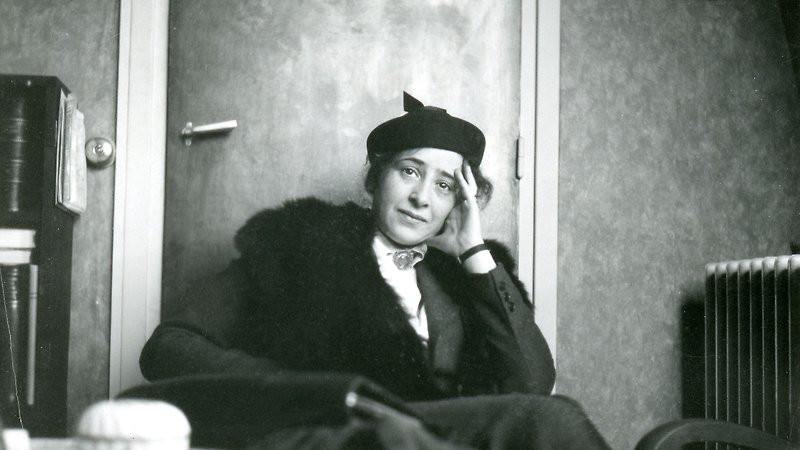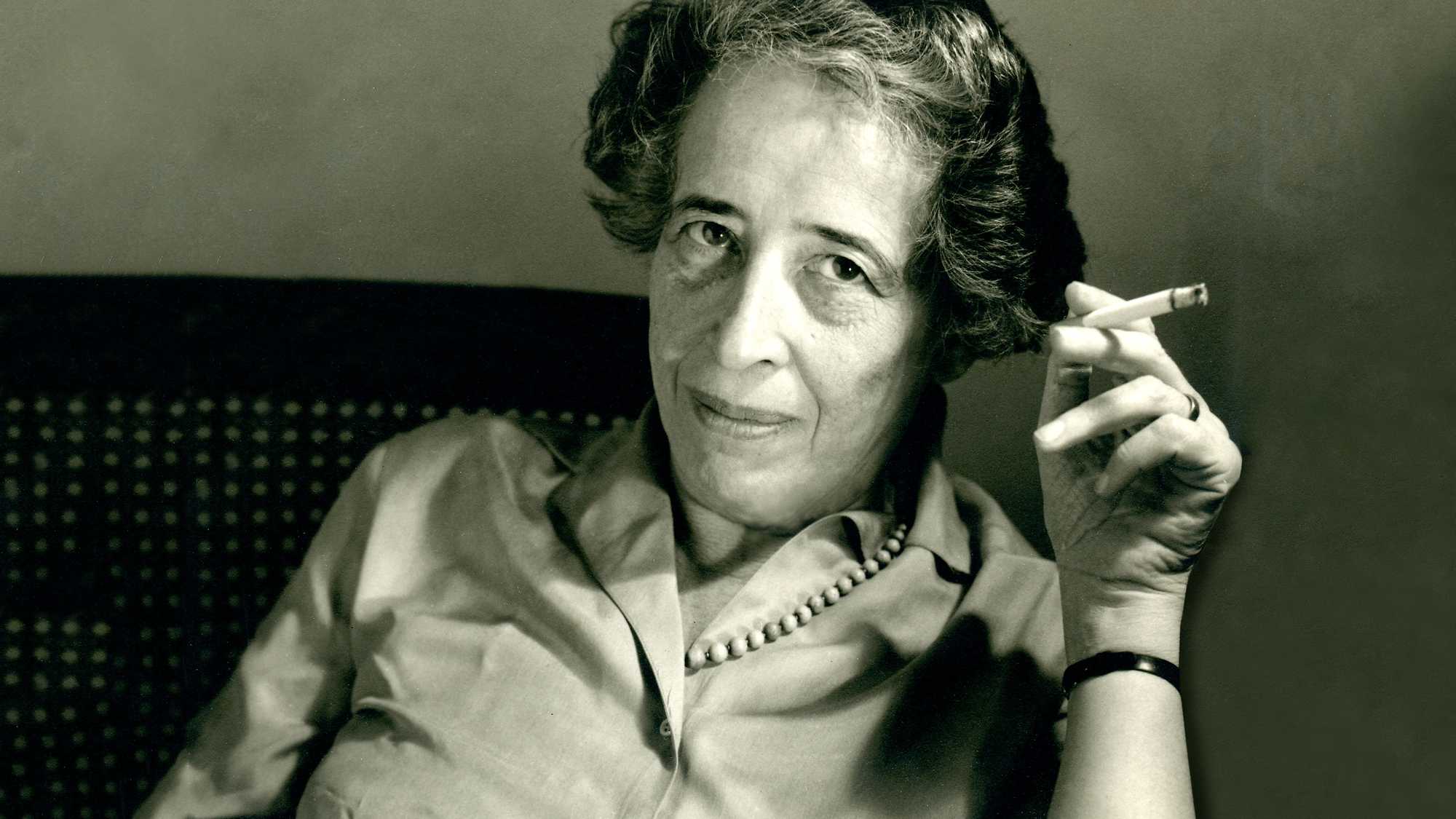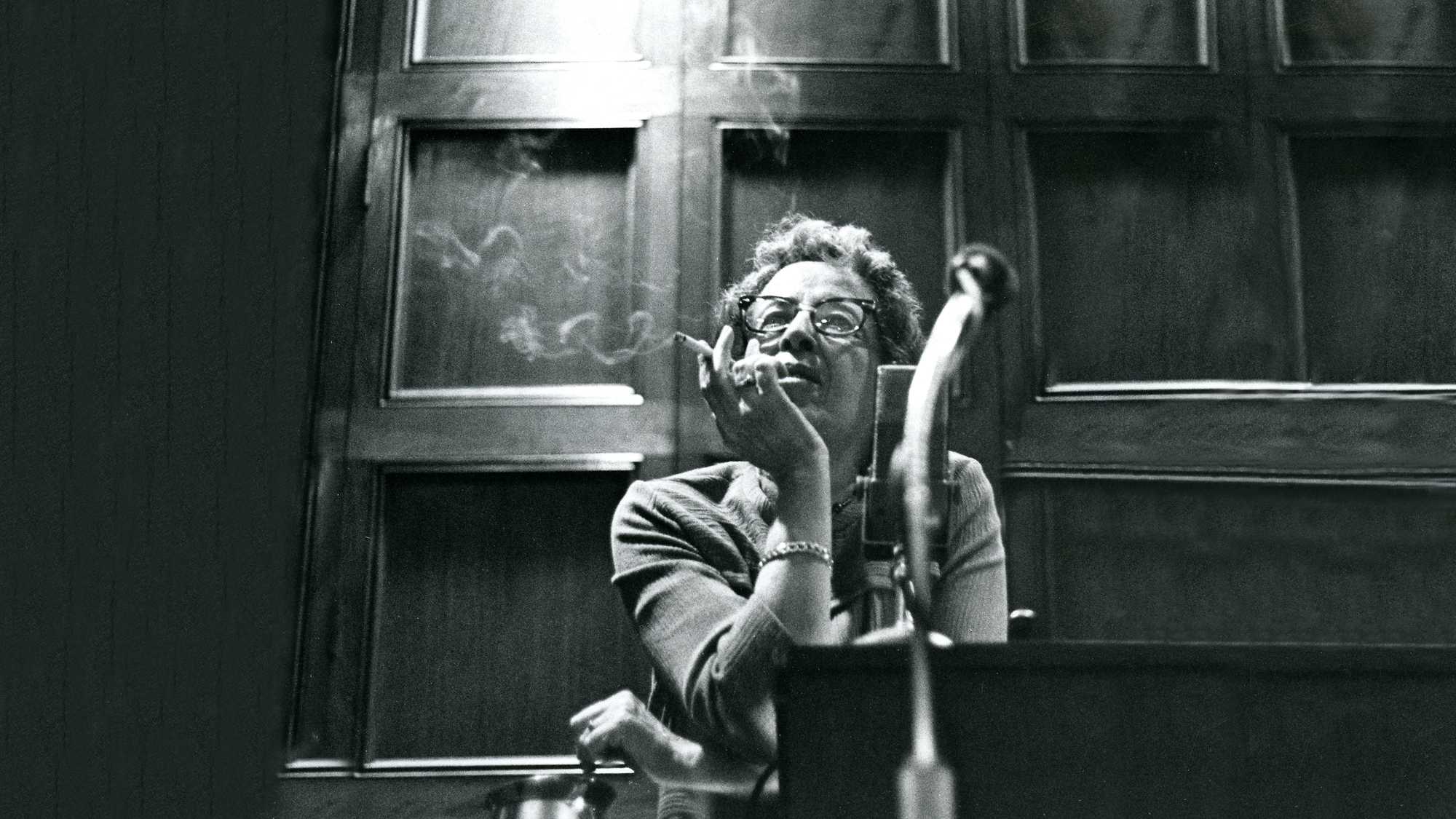This new documentary provides insight and historical perspective on the life and work of philosopher Hannah Arendt, illuminating her relevance to some of the most troubling phenomena of our own times.



Vita Activa, while it will surely satisfy and provoke students of 20th-century intellectual history, feels more urgent than most documentaries of its kind.
Screened as part of NZIFF 2016
Vita Activa: The Spirit of Hannah Arendt 2015
The German-Jewish philosopher Hannah Arendt left her indelible imprint on 20th-century thought by coining the concept of the ‘banality of evil’ when reporting on the 1963 trial of Nazi war criminal Adolph Eichmann. This spirited documentary illuminates that often abused idea and draws a larger picture of Arendt’s often conflicted engagement with the defining phenomena of her era – and maybe ours too.
Richly illustrated with historical footage, Vita Activa offers an intimate portrait of Arendt’s life and work – both deeply informed by the aftermath of World War I, the rise of Nazi Germany and its systematic elimination of European Jews.
“Directed by Israeli documentarian Ada Ushpiz, who has degrees in philosophy and history as well as filmmaking experience, Vita Activa closely examines Arendt’s ‘active life’ with the goal of putting us inside her formative experiences, the better to reveal who she was and where her attitudes came from. There are interviews with old friends and academic experts and extensive use of filmed interviews Arendt herself gave, as well as the effective reading of excerpts from her essays and letters by actress Alison Darcy. Though the talk is smart and constant here, Vita Activa also benefits from the director’s sharp eye for effective, often rarely seen newsreel and home-movie footage.” — Kenneth Turan, LA Times
“There are moments in Vita Activa, an urgent and often startling documentary from Israeli director Ada Ushpiz, where I could feel her trying to reach across the decades and talk to us.” — Andrew O’Hehir, Salon